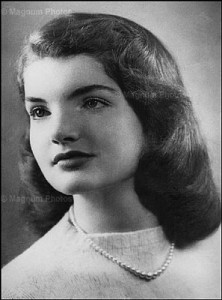My wife wanted to know why her television program was interrupted to announce the death of a man whose name she didn’t remember. He had been sick with cancer, she said.
I don’t know why, but my first guess was Steve Jobs.
“Yes, that’s him,” said my wife.
Two things became clear when I tried to explain why he was important enough for the network to break into programming to relate the news of his death. It was just too simplistic to call him an inventor who made electronic products, and – as I wrangled for words to define the man behind the Apple – I struggled also to keep my emotions in check.
It was like losing a brother or dear friend.
I gave up my Selectric typewriter in favor of an Apple IIe, a prehistoric computer that I thought was sensational. For the time, it was. Spelling errors? Just back up the cursor and type over them. Move sentences and paragraphs. Frustrated? Just punch the delete key. Or save and come back to it later. No more wadded up pieces of paper littering the wastebasket.
On the back window of my Honda hatchback was an Apple logo sticker, the only adhesively applied object ever attached to any car I have ever owned. It represented a clique, of sorts. Like a Harley, only geekish.
Over the years, I wound up in bed with Microsoft. Not necessarily happily so, but nonetheless. Budgets had a little something to do with that. Apple and its proprietary rights. After the IIe, I tried an Apple IIc before going IBM. There were so many programs that were much more affordable.
But I never lost my affinity for Apple. I was one of the club with a lapsed membership card, still admiring the group and its products and its cultish approach to business.
For guitar players, there is Eric Clapton. Among electronics owners, there was Steve Jobs. An early message put it in terms I consider most appropriate, likely delivered from an iPhone or a competitor inspired by the Apple product:
He was our da Vinci.
And he is gone much too soon.
